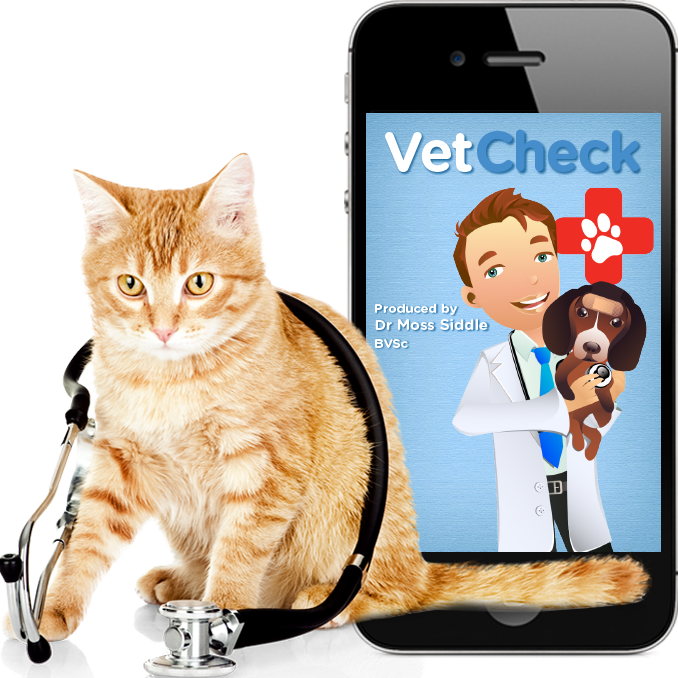Articles
Subscribe to our Monthly newsletter and get our latest articles and special offers delivered straight to your inbox.
Subscribe
The Top 3 Things to help your dog with Arthritis

Arthritis can affect dogs at any age but is most likely to occur with age. As the weather gets cooler it may become more noticeable.
The good news is there are many things that can help dogs with arthritis nowadays (probably more options than people have). There are 3 things that you can do at home to help your dog. There are many more things that we can help with at Dandenong Ranges Vet Centre.
Some of the signs that your dog may have arthritis are:
- Difficulty rising from resting
- Slow to get moving after rising
- Taking a long time or circling before settling down to rest
- Lameness or clumsiness especially after resting
- Baulking at going up or down stairs
- Licking at the feet or ‘wrist’ joints
- Swelling of the knuckles of the paws
- Occasional yelp if lightly touched around the hips or elbows or when lifting them up
- Reluctance to get out of bed or off the sofa
- Tiring more easily or stopping early (refusing to go further) when walking or playing
The Top 3 Things you can do to help your dog are:
Keep the body condition score perfect (lean).
This above all else will help your dog. If your dog is 30kg, by reducing his weight to 27 kg (10%) is the equivalent of an average person losing 8-9kg! You should be able to feel the ribs easily with light pressure over the sides of the chest. Our nurses can check your dog’s current weight and body condition score and advise your dog’s ideal figures for FREE.
Make your house and outside environment accessible.
Minimizing the amount of stairs he needs to use (ramps are much better) can greatly help. Allowing access where there are no stairs (even if it is a much longer route) will greatly help. Bedding should be easy to get into and out of with firm footing (place some foam under a suspension bed) or place the bedding on the floor with lots of blankets over a non-slip mat. Ensure the dog door is easy to get in and out of without having to jump or squeeze through it.
Regular Exercise.
Keep your arthritic dog moving. Frequent short walks are better than long walks. Try to go to places that are reasonably flat (you might have to go off the mountain if you live in the Dandenong Ranges). Areas like Lilydale Lake, Birdsland Reserve or Kalorama Oval are ideal (try to stay around the top of the Olinda Golf Course).
There are numerous new treatments available that can help your dog as well. We may advise x-rays, blood tests or ultrasound to determine the extent of arthritis or rule out other problems that can cause similar symptoms (like heart disease, cancer, conformational problems, dislocated hips or kneecaps, minor fractures, etc). Some of the treatments we use to help dogs with arthritis include:
- Synovan injections (PSGAG + an injectable glucosamine) to help increase joint fluid production, protect and repair the cartilage surfaces inside joints and reduce inflammation in the affected joints. Non-steroidal anti-inflammatory medications which provide instant pain relief. They can have your dog running around like a puppy again within hours sometimes. They are not suitable for all dogs and need to be prescribed under strict management by our vets.
- Pain killers like opiates can be useful sometimes
- Other medications that can relieve pain as regular injections or capsules and can be particularly useful for pain originating from spinal / sciatic nerve pinching
- Prescription Pet Foods like Hill’s j/d or metabolic + mobility if weight loss is needed as well.
- Supplements like glucosamines or chondroitin seem to help some dogs. We stock numerous brands including Sasha’s Blend, Pernease powder, PAW Osteocare and Osteosupport. There is a slightly different product called 4CYTE which has a plant based ingredient that may stimulate chondrocytes and help reduce the symptoms of arthritis.
- Adjunct therapy like laser treatment and acupuncture may give some relief too.
Ultimately, take action early to help your dog. The sooner therapies are started the better the chances are to relieve your dog’s symptoms of arthritis. Dr Moss
Book an appointment online now to see one of our experienced vets or come in for a FREE weight and body score assessments by our vet nurses - Ph: 9751 2999.
Latest Posts
Platinum Paws
Would you like you annual vets costs spread out monthly, plus bonus services and discounts? Join Platinum Paws Proactive Pet Care Club today.
More




